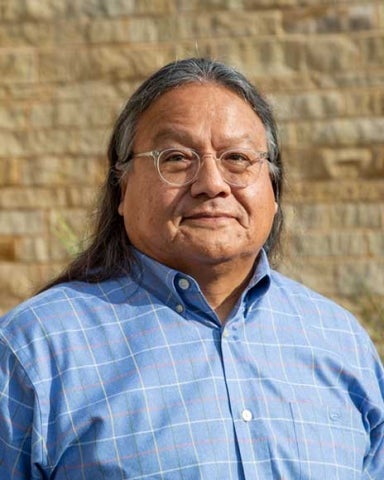As a pioneer in the field of environmental law, Torres has spent his career examining the intrinsic connections between the environment, agricultural and food systems, and social justice. His research into how race and ethnicity impact environmental policy has informed his teaching and practical experiences and has been influential in the emergence and evolution of the field of environmental justice.
“Gerald Torres’ experience, expertise, and interdisciplinary perspective in these critical areas make him a perfect candidate to support so many of our most critical goals at F&ES, including a commitment to environmental justice and cross-disciplinary scholarship,” said Dean
Indy Burke. “We were simply amazed by people from around the world who, when offering their recommendations, spoke to his incredible gifts as a scholar, teacher, mentor, and as a leading thinker in these fields.”
Torres, who will join the faculty in January, will teach a spring seminar in environmental justice. Next year, he plans to teach two F&ES courses: critical race theory and environmental law and social movements. He will also teach a course in Native American/indigenous law at Yale Law School, which will be open to F&ES students.
Torres says he is excited to learn more about the different strains of related research occurring at Yale — including those pertaining to economics, anthropology, geography, and the law — and developing strategies to teach across these disciplines. He is also eager to find ways to integrate the scholarship and teaching at F&ES and Yale Law School. “I really want to take these various streams and continue to bring them together,” he said.
Torres joins F&ES from Cornell Law School, where he has taught since 2014. Previously, he taught at the University of Texas Law School and the University of Minnesota Law School, serving as an associate dean at the latter. He is also a former president of the Association of American Law Schools and served as deputy assistant attorney general for the Environment and Natural Resources Division of the U.S. Department of Justice during the Clinton administration.
Torres’s past work has examined how U.S. regulations have created racially or ethnically marginalized communities that bear a disproportionate share of environmental burdens and also has focused on developing strategies to improve governmental decision-making. He is also a leading scholar in critical race theory — a theoretical framework that examines questions of race and racism from a legal standpoint. “
The Miner’s Canary: Enlisting Race, Resisting Power, Transforming Democracy,” a book he co-authored with Lani Guinier, was described as “one of the most provocative and challenging books on race produced in years.”
His work also includes the study of conflicts over resource management between Native American tribes, states, and the federal government.
“Environmental justice gave me a way to meld my commitment to environmentalism with my commitment to social justice,” Torres says. “I concluded very early on that they had to be linked.”
Mary Woods, a professor of law at the University of Oregon Law School, where she is also faculty director of the Environmental and Natural Resources Law Program, says Torres’ scholarship has created “new terrain” towards which responsive law and policy might work through the courts, legislature, or executive branch. And, she says, he has continued to contribute to the evolution of the field, creating scholarship that is at once highly theoretical and yet concrete and practical.
“I have been asked to compare Gerald Torres to others in the field, and all I can say is that he truly has no comparison,” she said. “When one assesses his prolific body of work, the depth of his ideas, the quality of his writing, his governmental, academic, and non-profit service, and the span of his expertise, no comparator comes to mind.”
 Gerald Torres
Gerald Torres